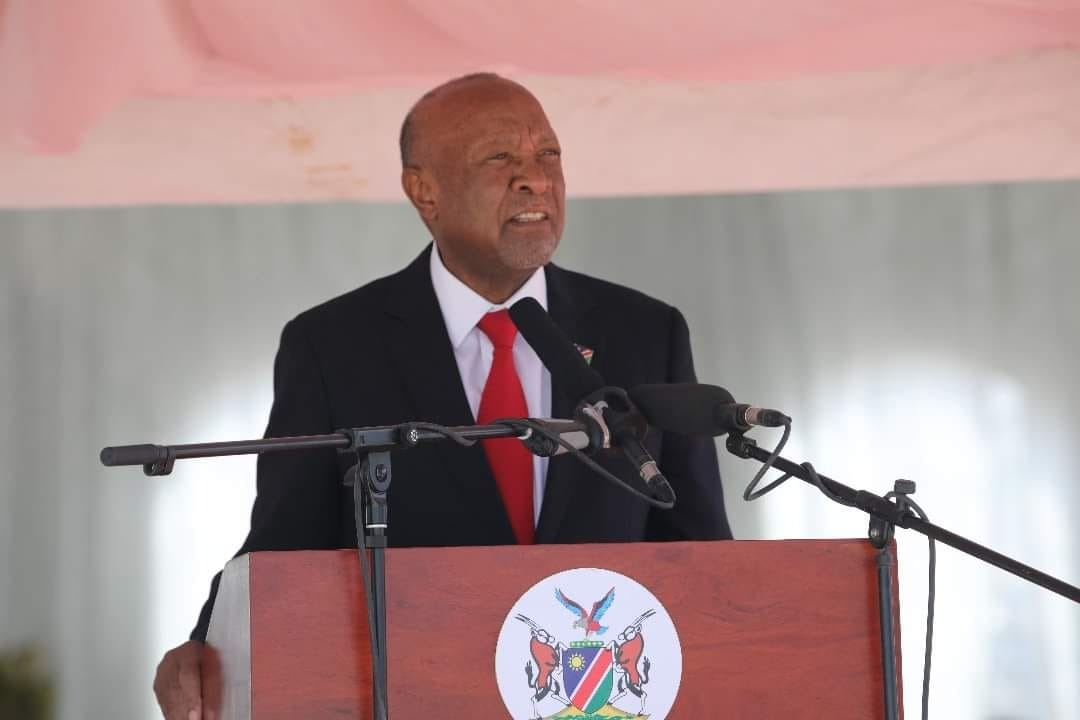The Namibia Estate Agents Board (NEAB) says it is illegal for landlords and agents to charge non-refundable deposits for rental properties.
NEAB manager Festus Unengu says a landlord cannot make a deposit non-refundable.
“The deposit money belongs to the tenant. The tenant is only giving it to the landlord to keep in trust until such time that the tenant moves out,” says Unengu.
He further says it is illegal to make a deposit non-refundable, according to the Rents Ordinance.
According to the ordinance, the landlord must give the tenant a receipt clearly stating that the money is a deposit and invest the deposit.
“When the tenant leaves the property, the landlord must return the deposit with interest, minus the cost of any damage or lost keys,” according to the law.
Unengu says the deposit is to be used when the tenant moves out, to restore the dwelling to the condition in which the tenant found it.
“Please also remember that by law the landlord is responsible for all land taxes and wear and tear. The only money that should be deducted is for repairs of damage caused by the tenant.”
According to Namibia’s common law, it is the landlord’s responsibility to maintain the rented property during the period of the lease, in a condition reasonably fit for rental.
Real estate agent Gabriel Heita says landlords not returning deposits is unheard of because it belongs to the client and can only be used to repair damage to property that the tenant caused.
“A deposit is supposed to be refunded, unless the tenant damages the property,” says Heita.
According to Heita the only fee that is non-refundable is the admin fee.
An admin fee is a one-time fee that some landlords charge to cover expenses during the application process
He says the charging of non-refundable deposits stems from ignorance.
Earlier this year, Unengu said tenants should not be forced to pay deposits in the same amount as their rent.
He noted that tenants have the right to request proof that their deposit is being held in a trust account, as well as what interest rate is being applied.
Unengu advised tenants to ask for this information in writing.
“The estate agent must inform you that you are entitled to that interest,” Unengu said.
“And if you don’t want your interest, then 50% of that interest goes to the Fidelity Fund.”
Unengu said while there has been a trend of agents refusing to pay back deposits for various reasons, the tenant is not responsible for repairs for normal wear and tear.
Stay informed with The Namibian – your source for credible journalism. Get in-depth reporting and opinions for
only N$85 a month. Invest in journalism, invest in democracy –
Subscribe Now!






